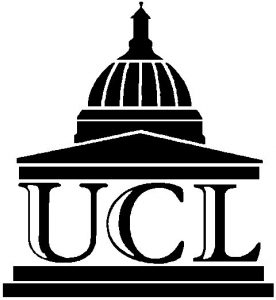Conference Programme: Targum Studies in London, IOTS 2018
In consultation with the Institute of Jewish Studies, the International Organization for Targumic Studies announces a summer meeting at University College London, 9-12 July 2018 (the conference will start with an evening lecture on July 9th). The full programme can be found and downloaded here: http://blogs.ucl.ac.uk/hebrew-jewish-research-blog/2018/04/15/targum-studies-in-london-iots-2018/
The focus of this meeting will be on two related issues:
The Aramaic dialects within their Late Antique environment
The development of the Targums within their wider interpretative milieu.
The study of the local influences on the dialect of Onqelos and Jonathan, long considered to represent a direct development of Middle Aramaic, and sometimes held to reflect little to no signs of any specific provenance (Western, Eastern, Central Aramaic), is attracting renewed attention, which warrants the re-opening of the question about these Targums’ dialect and provenance.
Moreover, the provenance and integrity of the dialect of the Late Targums remains unsolved. These days their Aramaic is considered a learned, written dialect divested from a vernacular basis, but despite arguments of a considerable Syriac influence, its provenance is as yet unclear.
At the literary and exegetical level, the milieu of composition and transmission raises questions about the meaning of parallels between targumic and non-targumic exegesis. Exactly how does targumic exegesis relate to its rabbinic parallels? What are the differences in terms of contents, context, presentation, and narrative arc? The mere observation that parallels exist does not analyse the relationship at a level that is anywhere near profound enough to be meaningful.
Beyond the old questions of literary dependence, we still need to establish whether targumic exegesis reflects signs of a non-rabbinic, late rabbinic or other specific local environment. In spite of the evidently close connection between targumic and rabbinic exegesis, questions linger about the precise relationship between the Targums and the rabbinic milieu, whether in Roman Palestine, Babylonia or Jewish communities elsewhere, and the wider society in which they took shape and to which they inevitably responded. This conference seeks to address these questions and many more.
www.ucl.ac.uk/ijs
ijs@ucl.ac.uk
020 7679 3520
Booking through Eventbrite is advised—details to be announced.
Like this:
Like Loading...


